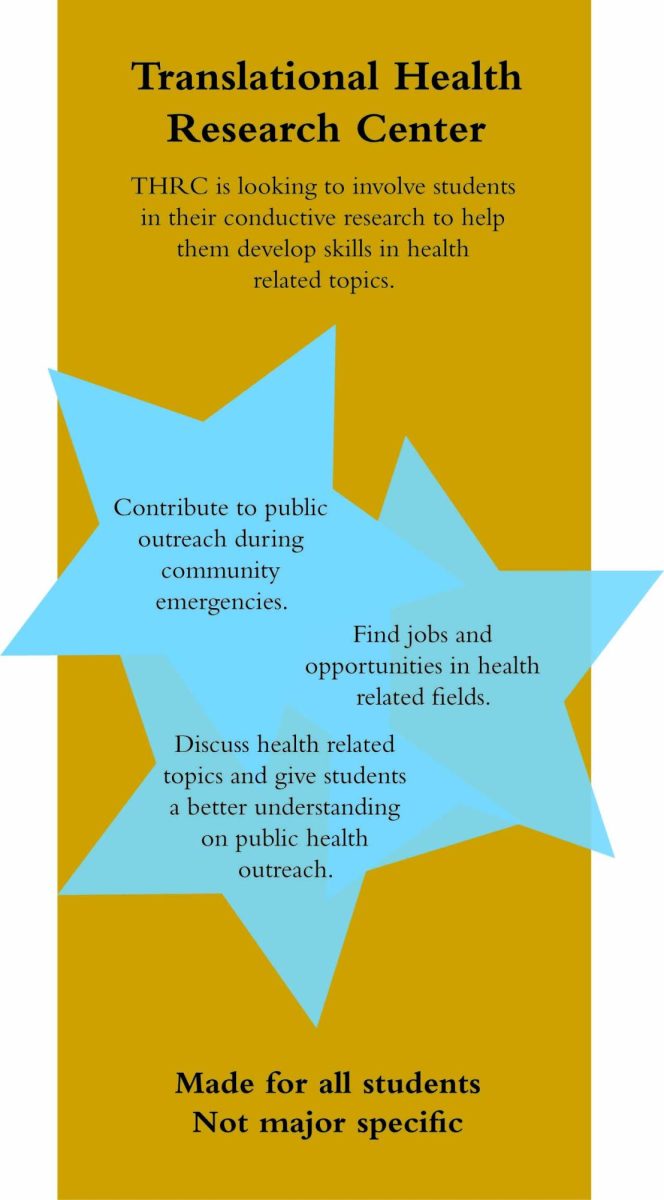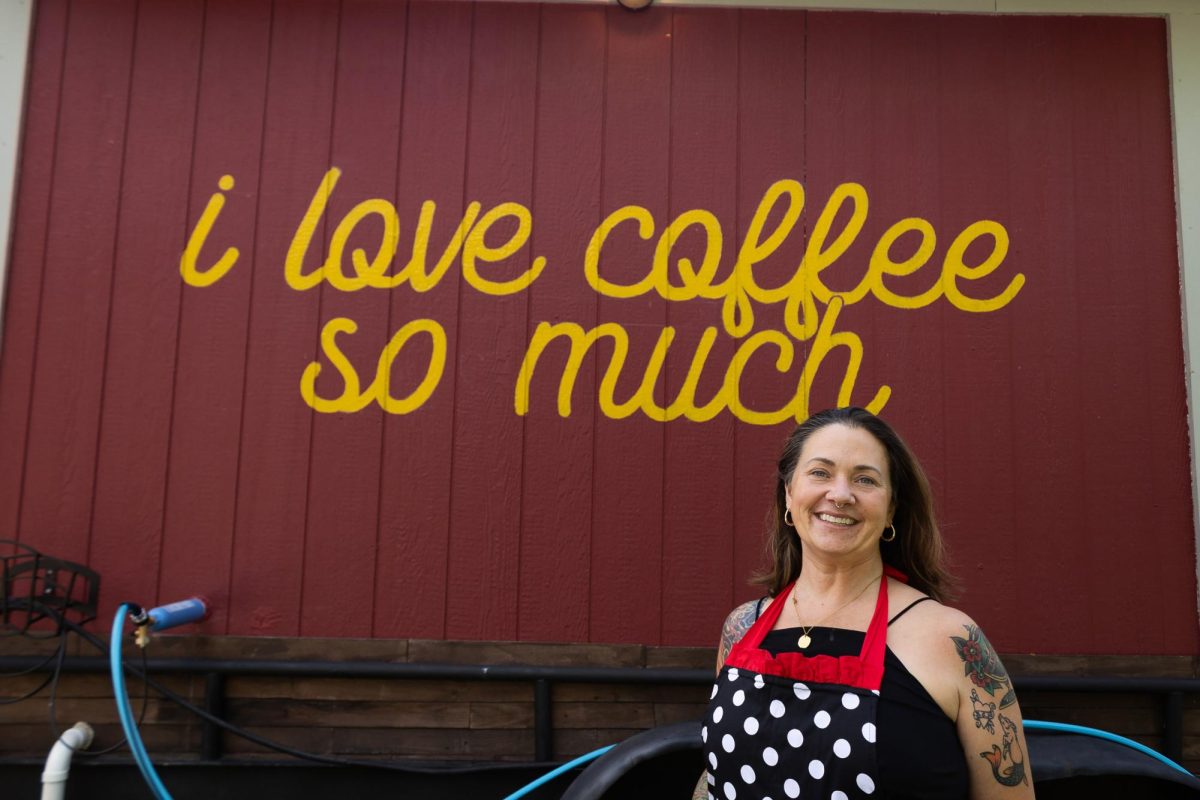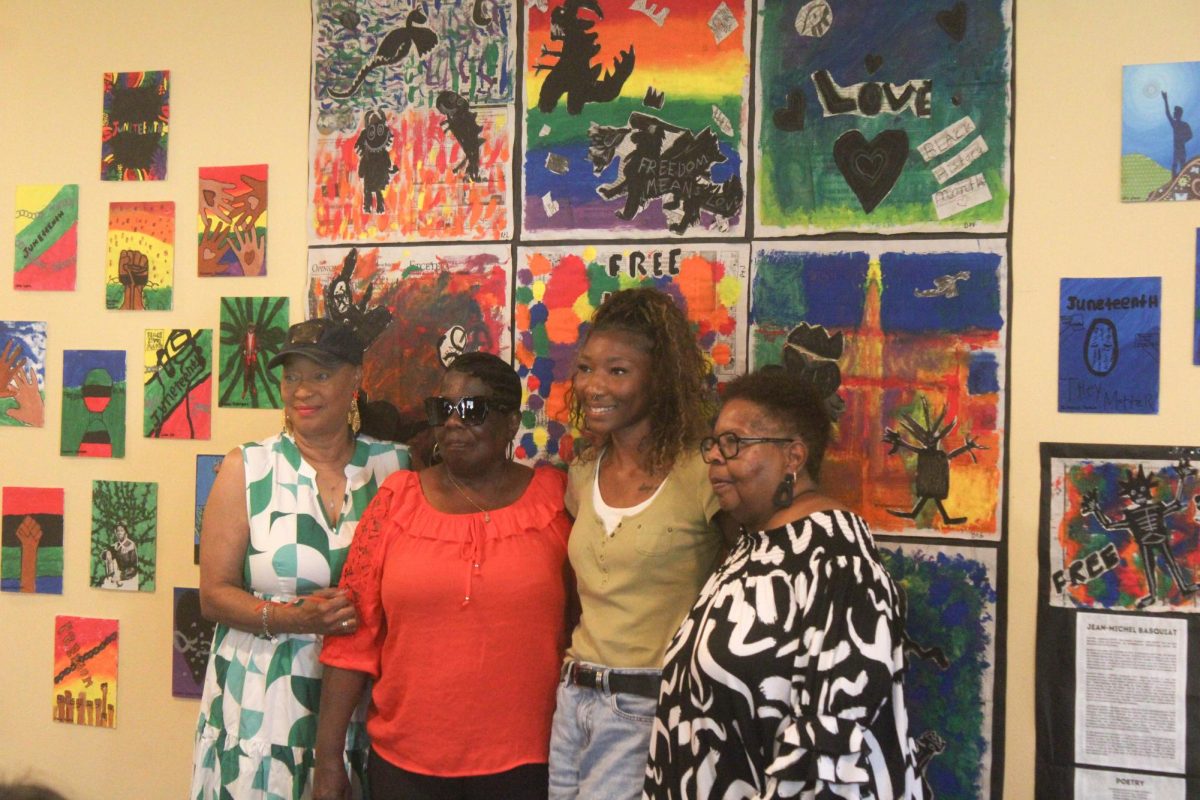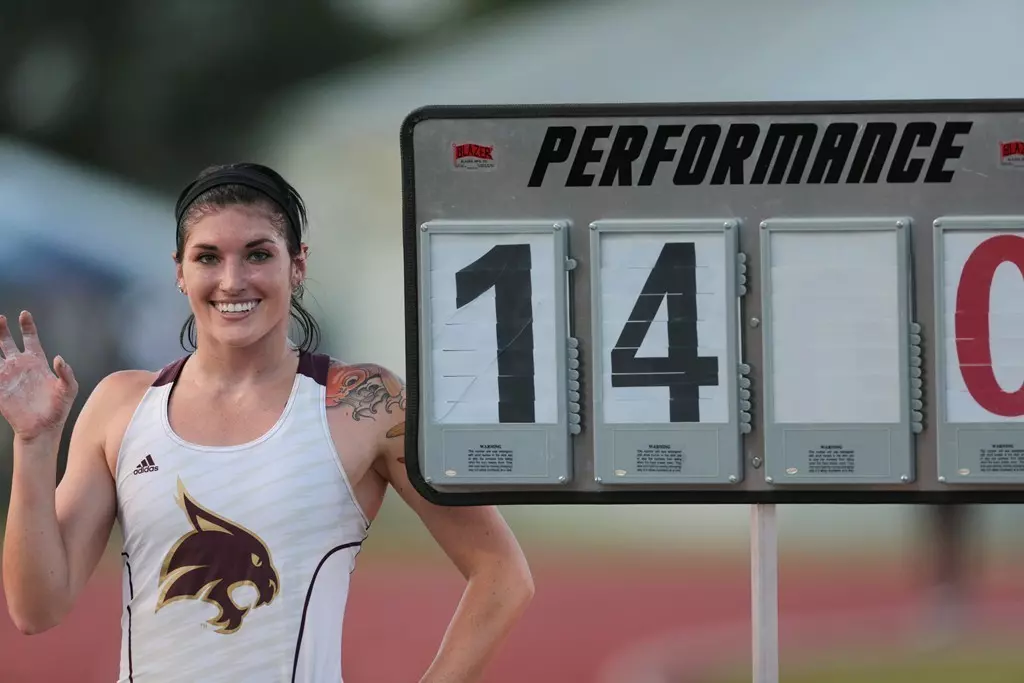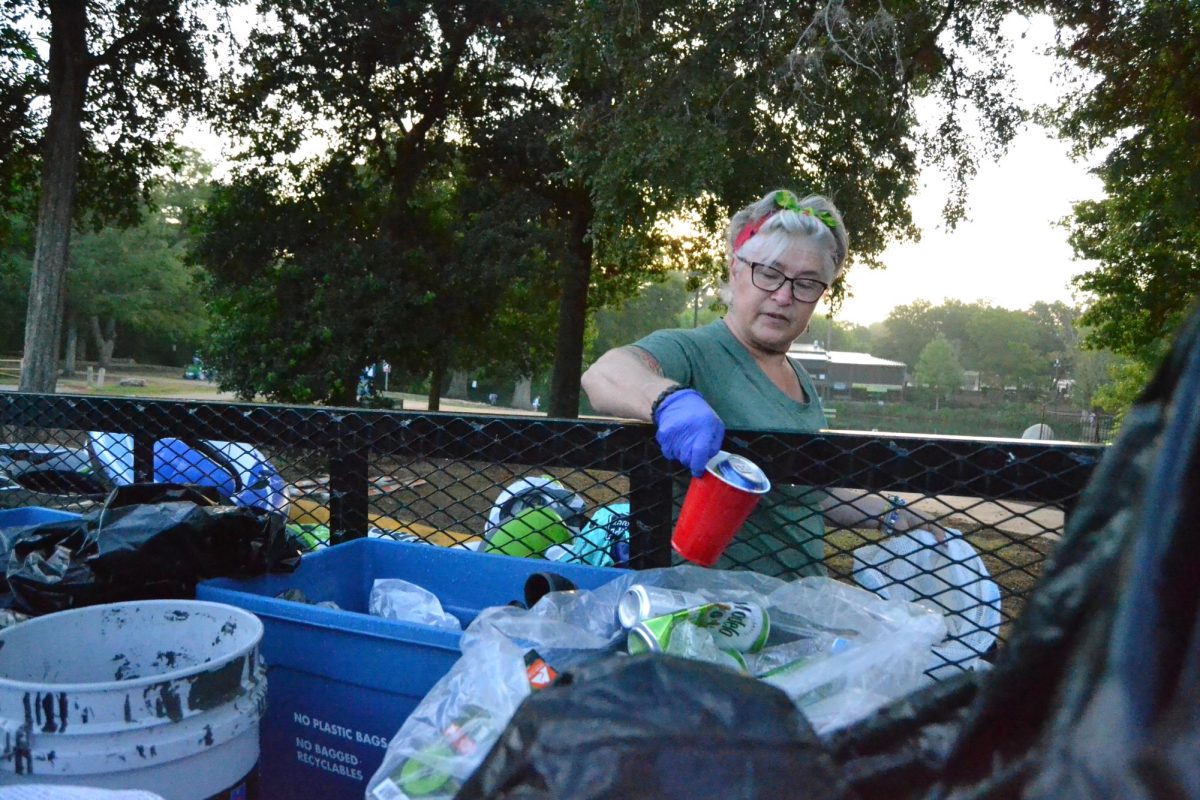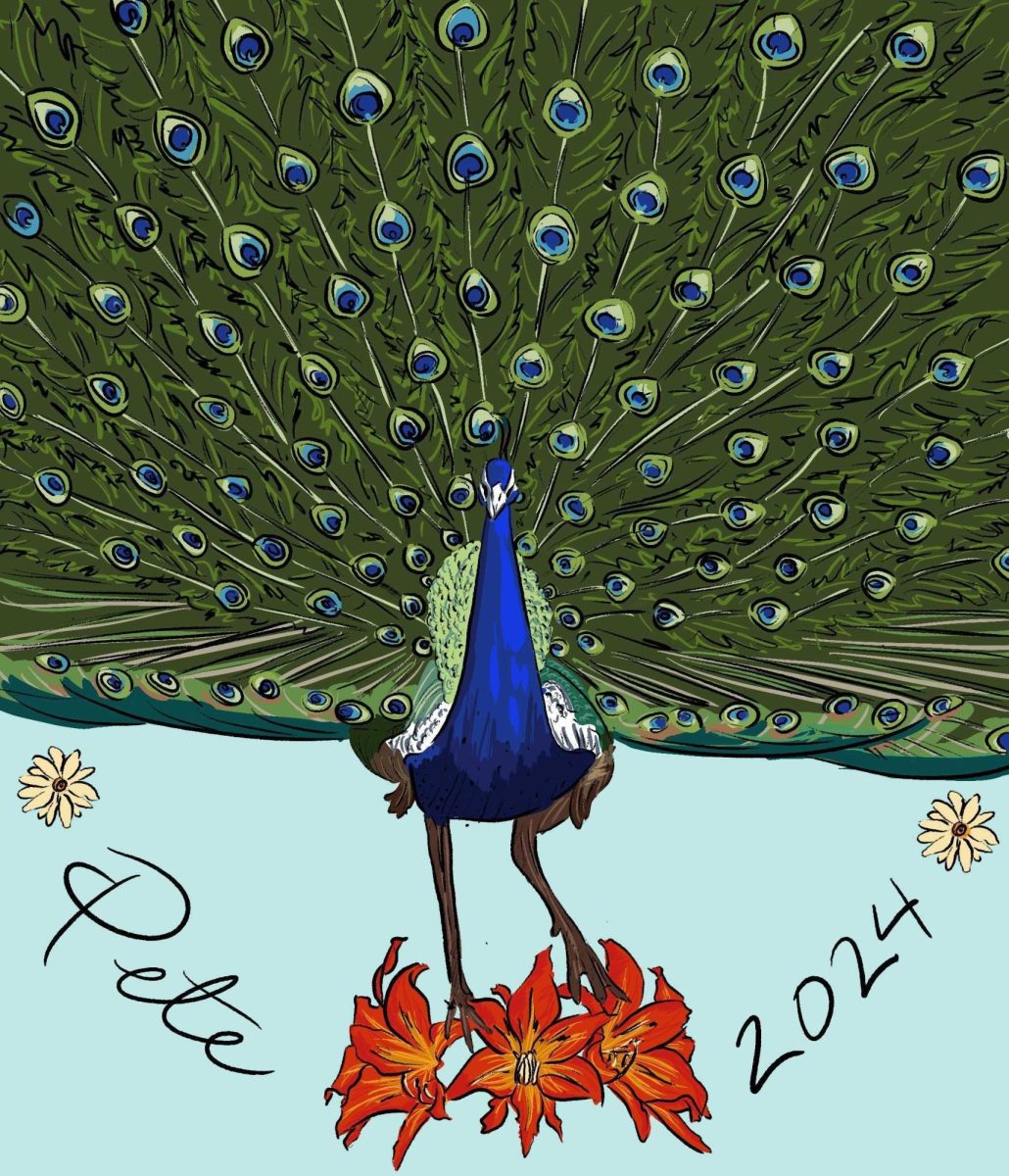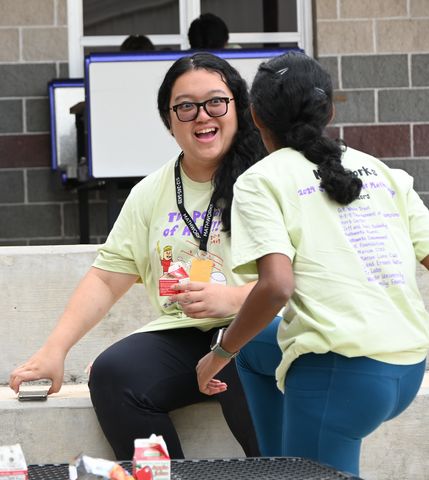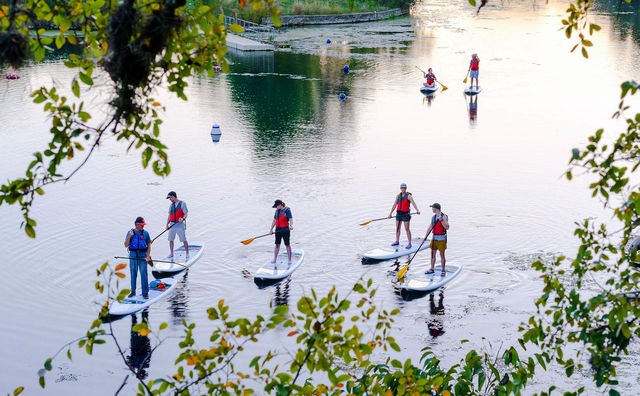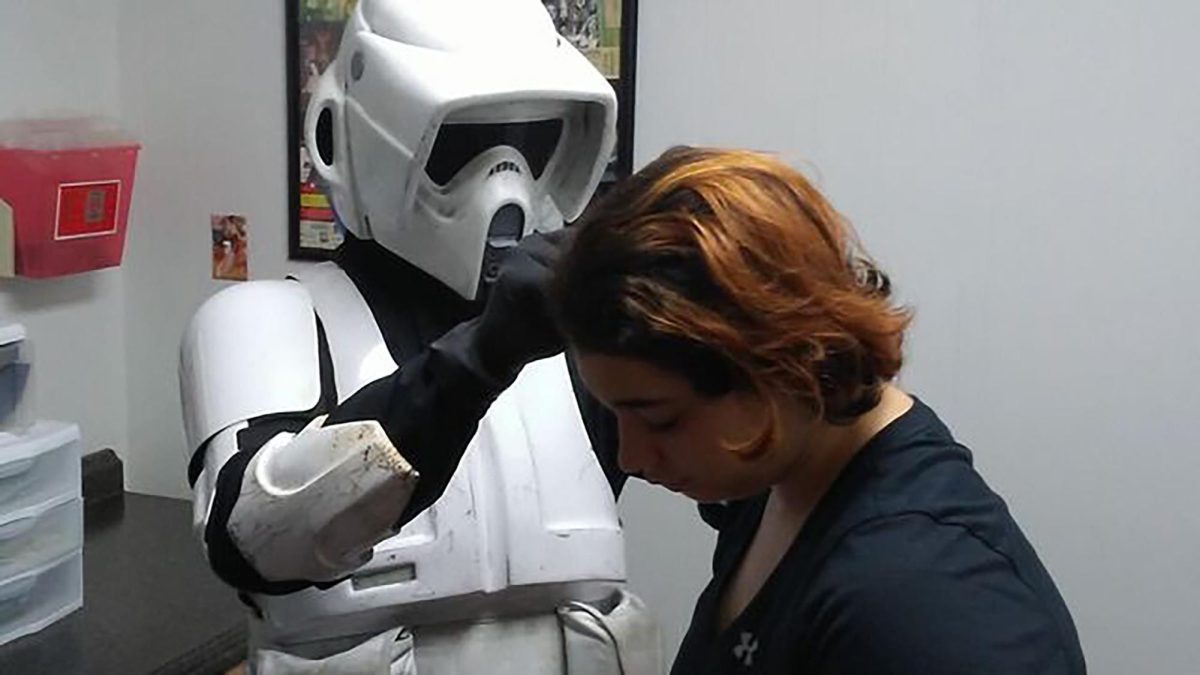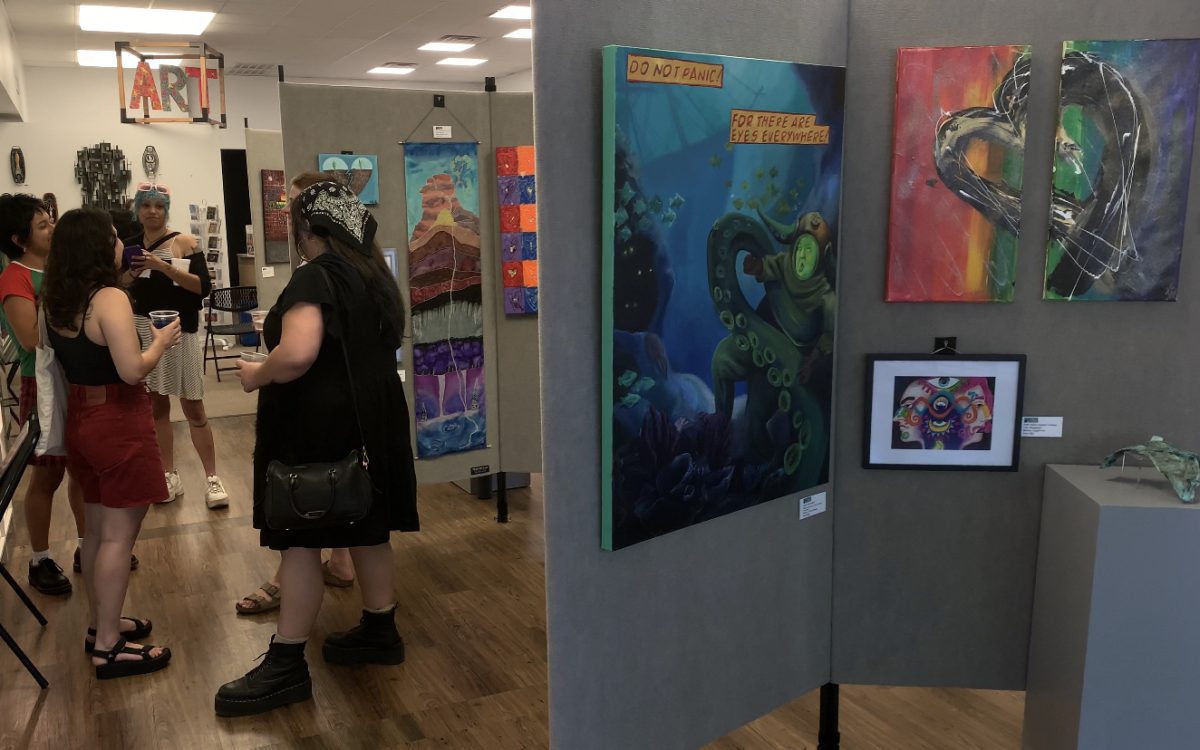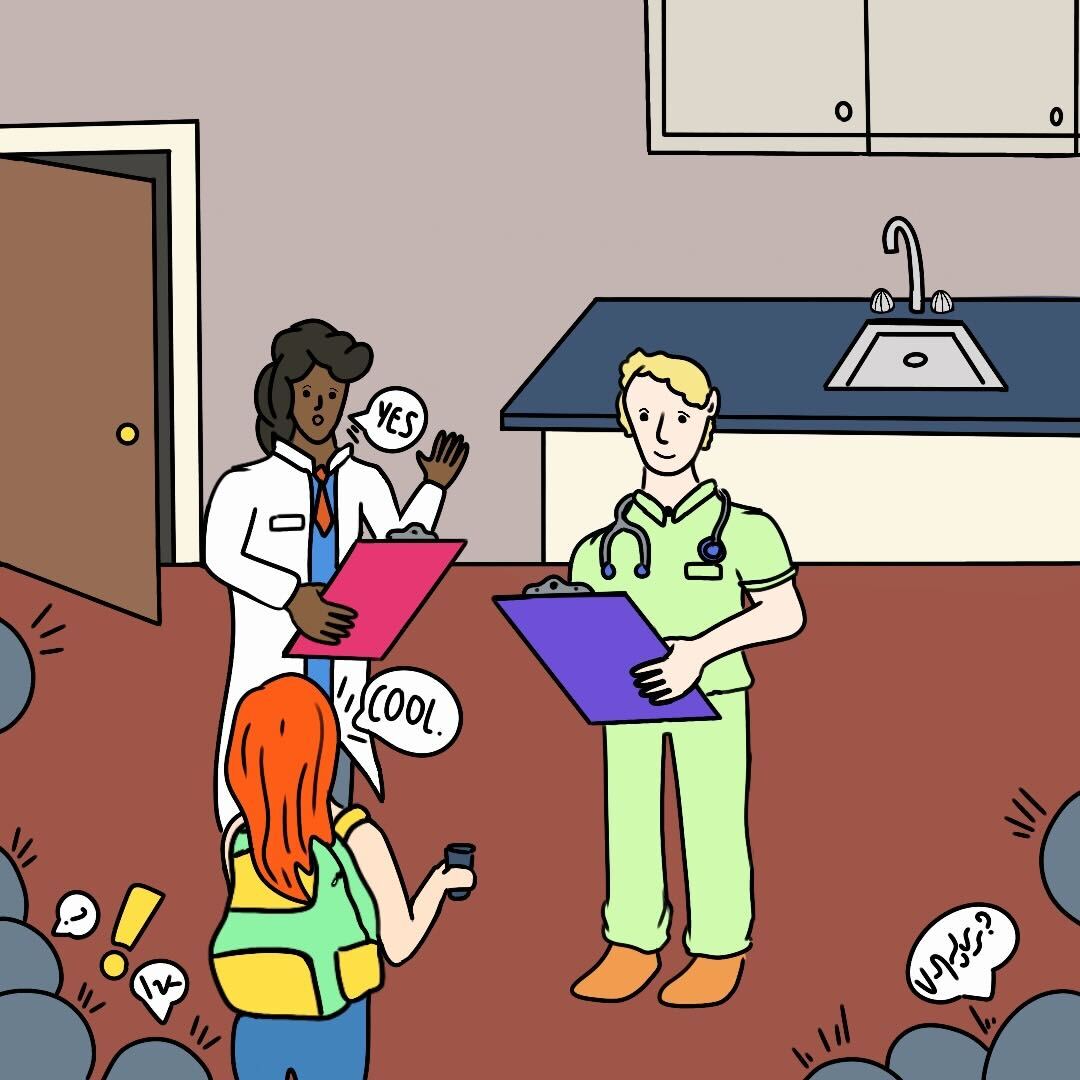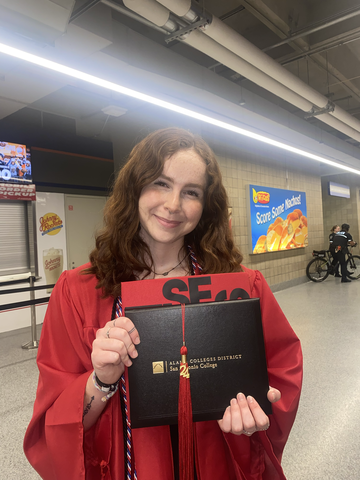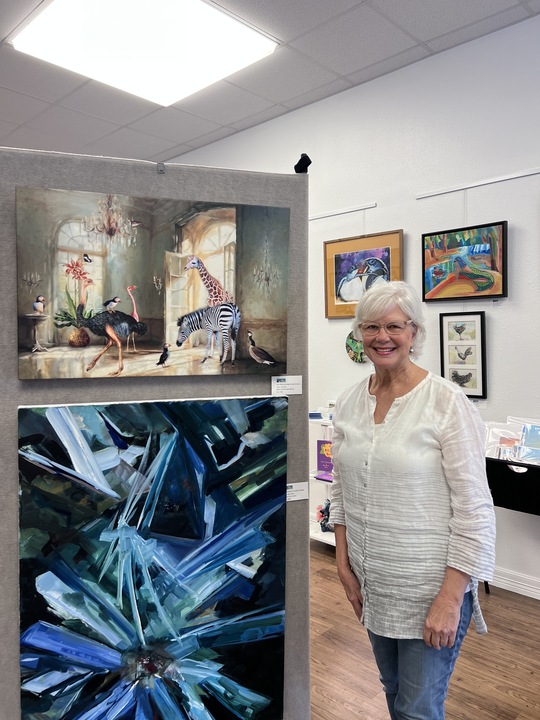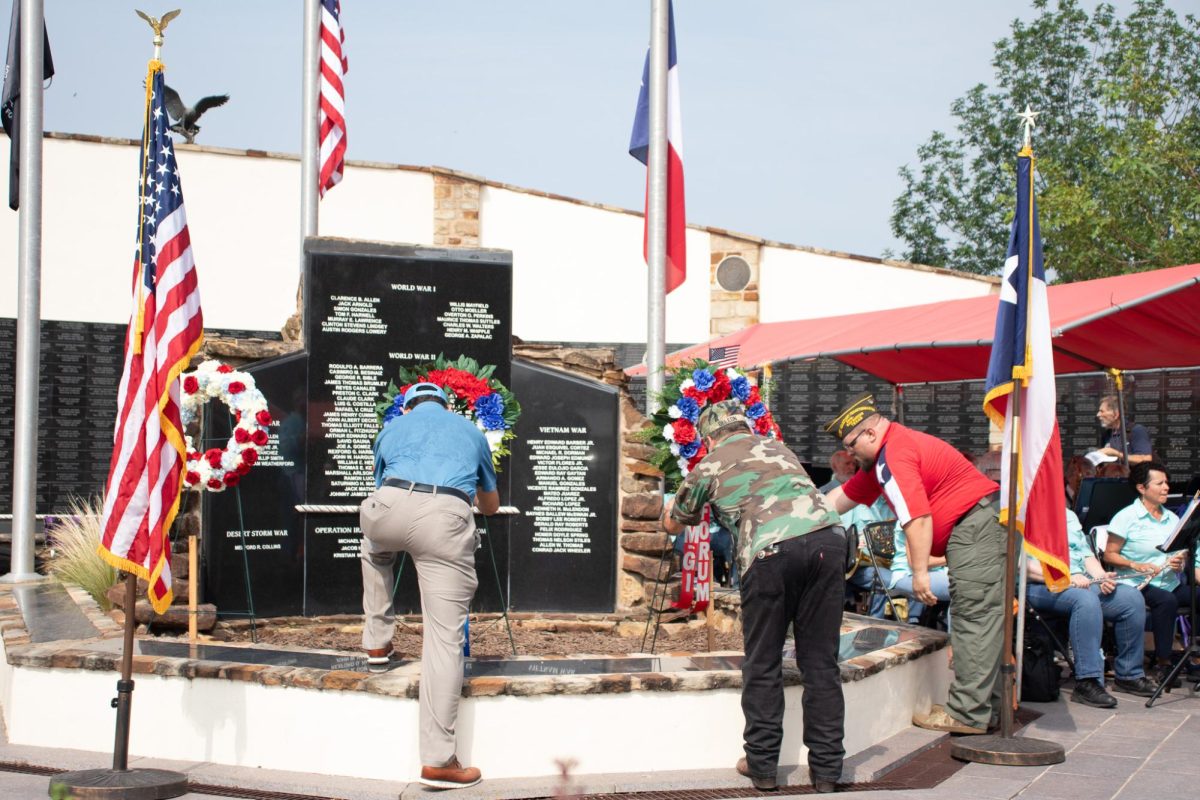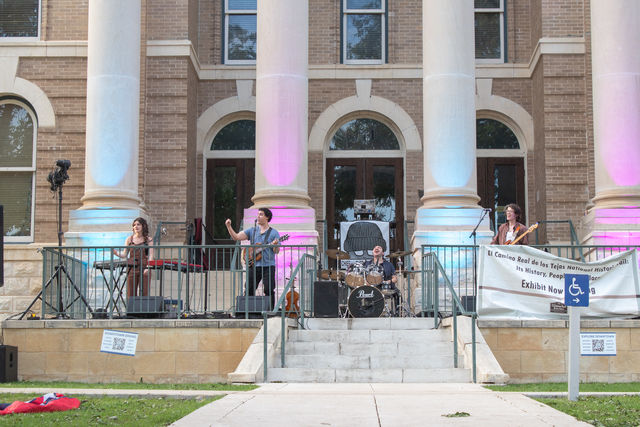Faculty and staff at Texas State are taking part in finding new ways to prevent and treat disease and illness by conducting research at the Translational Health Research Center (THRC).
This semester, THRC is encouraging students to get involved and explore the research it’s conducting to help students further utilize their skills to contribute to public outreach during community emergencies and find jobs and opportunities in health-related fields.
Executive Director of the THRC Melinda Villagran hopes to inspire students to get involved with research that faculty is conducting for the Faculty Fellow Program. The program allows professors of all educational backgrounds to research practices the THRC can use to help the public during community emergencies.
“As a center, we are focused on bringing on students to work on the research we do to experience the research process and conduct unique research projects, as well as connecting them with community organizations for jobs and learning more about health research,” Villagran said.
The THRC was awarded two funding grants that helped launch some key programs and practices. In 2020, The Substance Abuse and Mental Health Service Administration gave THRC a $2 million grant to gather data to share with healthcare professionals. This led to the creation of its website The Central State, which allows partnerships from central Texas to help students with workforce development, jobs and internships.
In 2021, the second grant from the State of Texas gave THRC a $5.2 million yearly grant to help expand the research center’s scope to include a Community Health and Economic Resilience Research Center of Excellence, or CHERR.
CHERR studies practices that can help communities prepare and recover from public health emergencies and natural disasters. One CHERR team member, Maria Tomasso, a doctoral research assistant, is currently conducting research for one of her projects, Map Grant.
Map Grant is a data-driven portal that maps open data on mental health in Texas, making it available for health officials, teachers and practitioners looking to start a practice to find places where mental health care is not accessible or overlooked.
“We try to map out where there is a shortage of providers where there might be an unusually high need of mental health care,” Tomasso said. “We put all that data on a dashboard on our 35 Health Merge website. We host a lot of data-driven projects that the public can learn more about on the website.”
With CHERR’s initiative to share its evidence-based findings with TXST faculty and staff, the THRC created the Faculty Fellow program. This program supports a team of Texas State faculty whose research informs THRC’s understanding of community health and economic resilience across Texas.
The Faculty Fellow Program allows professors to contribute to the THRC by conducting research unique to their educational background.
“We have done a few projects with the professors that are a part of the Faculty Fellow Program, some projects we’ve done are researching engineering, graphic and technological products to help improve healthcare community resilience,” Villagran said.
Nicole Wagner, an assistant professor in crop and soil science, is currently working on ways for soil regeneration to happen to create healthier crops for humans and animals through Bobcat Farm.
The study is based on three key reasons: the importance of regenerating soil to regulate the climate, soil that can hold water produces healthier plants and healthier soil produces nutrient-rich foods.
At Bobcat Farm, Wagner is working on using biochar, a grounded natural charcoal that improves soil health and probiotics on crops. Wagner is hoping that with this research, the soil they create will be able to be used in lawns, crops and pasture for grazing as well as hay for animals.
“Students at Bobcat Farm are learning to do the everyday task at the farm as well as learning how to run a business and just learn all of the decision making and complexity that goes into running a business,” Wagner said.
The THRC plans to create more events and opportunities for students to learn more about health and wellness through the research center. The 7th Annual Health Scholar Showcase in March will highlight some of the best health research happening on campus to improve health by connecting faculty and community partners to engage in innovative research.
To learn more about the Translational Health Research Center, email them at [email protected].











